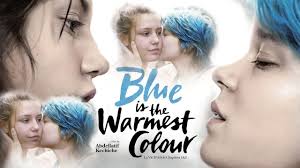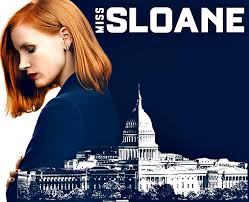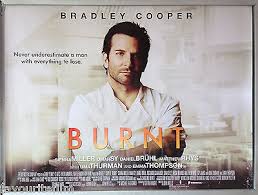Directed by Abdellatif Kechiche and based on the graphic novel by Julie Maroh, Blue Is the Warmest Color (La Vie d’Adèle) is a profoundly emotional and controversial French drama that explores the turbulent journey of a young woman’s sexual and emotional awakening. Winner of the Palme d’Or at the Cannes Film Festival, the film is celebrated for its unflinching honesty, powerhouse performances, and deeply immersive storytelling.
A Coming-of-Age Story Like No Other
The film follows Adèle (Adèle Exarchopoulos), a high school student in Lille, France, whose life transforms when she meets Emma (Léa Seydoux), a blue-haired art student. Their intense, passionate love affair becomes the centerpiece of the narrative, tracing Adèle’s evolution from naive adolescence to self-aware adulthood. The film’s extended, intimate scenes—both emotional and physical—capture the euphoria and heartbreak of first love with unparalleled realism.
Unforgettable Performances
Exarchopoulos delivers a career-defining performance, embodying Adèle’s vulnerability, desire, and confusion with raw authenticity. Seydoux, equally mesmerizing, portrays Emma as confident yet emotionally complex, creating a dynamic that feels achingly real. Their chemistry is electric, making their relationship’s highs and lows deeply affecting.
Controversy and Criticism
While praised for its emotional depth, the film sparked debate over its prolonged, explicit sex scenes, with some critics arguing they bordered on exploitation. Kechiche’s demanding direction also drew scrutiny, as both actresses later spoke about the grueling filming process. Despite this, the film remains a landmark in LGBTQ+ cinema for its honest depiction of queer love.
A Visual and Emotional Feast
Kechiche’s naturalistic style—using close-ups, handheld camerawork, and lingering shots of everyday moments—immerses viewers in Adèle’s world. The use of color, particularly the recurring motif of blue, symbolizes freedom, melancholy, and desire. The soundtrack, blending classical and contemporary music, enhances the film’s emotional weight.
Final Verdict
Blue Is the Warmest Color is a masterpiece of emotional cinema, flawed yet unforgettable. It’s a film that lingers, not just for its sensuality but for its heartbreaking portrayal of love’s impermanence.
Rating: ★★★★½ (4.5/5) – A bold, beautiful, and bruising experience.
Available on The Criterion Channel and Kanopy.

FULL MOVIE👉👉👉👉👉👉🎞🎞https://t.me/phytonrobinson9/29
FULL MOVIE👉👉👉👉👉👉🎞🎞https://t.me/phytonrobinson9/29


